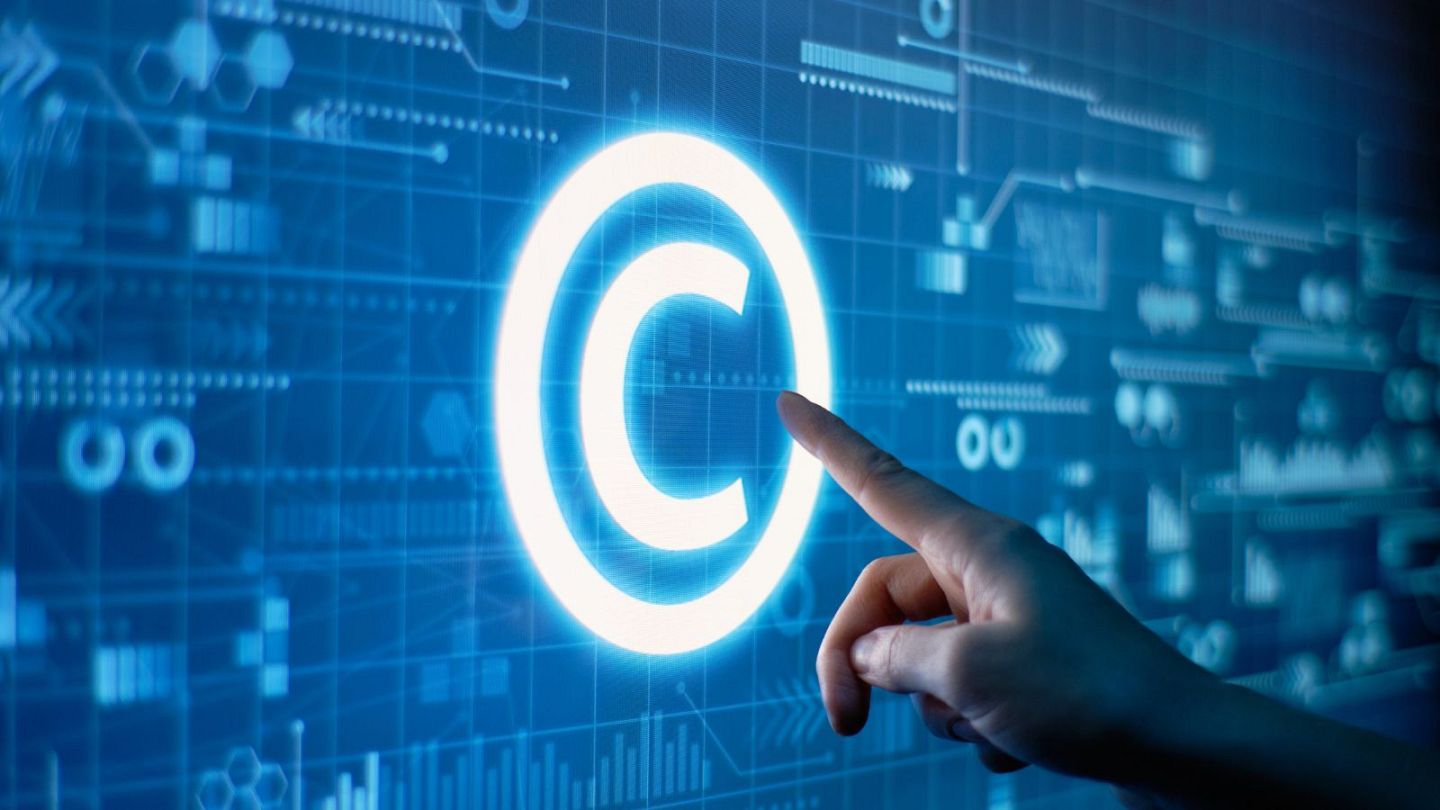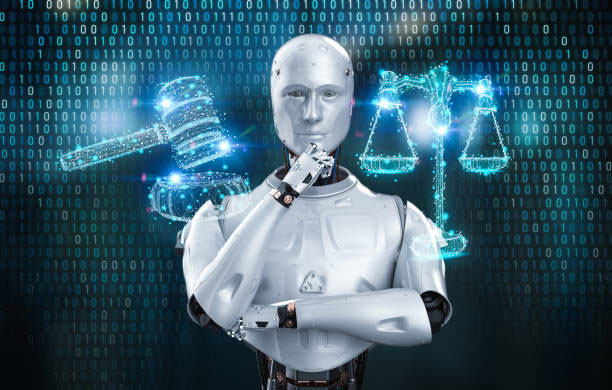AI-generated content currently faces significant intellectual property (IP) and copyright challenges because existing laws generally require human authorship or inventorship for protection. AI systems themselves cannot legally own IP rights, and works created autonomously by AI are typically not eligible for copyright or patent protection under current frameworks.
Key points include:
-
Copyright law requires human creativity: In the US and many jurisdictions, copyright protection is granted only to works created by humans. AI-generated works without meaningful human authorship are not copyrightable. For example, the US Copyright Office and courts have consistently ruled that AI-generated content alone cannot receive copyright protection.
-
Patent law requires human inventors: Patent offices, including the UKIPO and US Patent Office, reject patent applications listing AI as the inventor, as AI lacks legal personhood. The DABUS case exemplifies this, where AI-generated inventions were denied patents because no human inventor was named.
-
Ownership ambiguity: Since AI cannot own rights, ownership of AI-generated content may be assigned to the AI system owner, developer, trainer, or user, often governed by contractual agreements. For instance, OpenAI’s terms assign IP rights of AI-generated outputs to the user.
-
Training data copyright concerns: AI models are trained on vast datasets that may include copyrighted works, raising issues about unauthorized use and potential infringement.
-
Calls for legal reform: Recent cases (e.g., Alter v. OpenAI, Andersen v. Stability AI) and policy discussions highlight the urgent need to modernize IP laws to address AI’s unique challenges and clarify rights, responsibilities, and protections for AI-generated content.
-
International perspectives: While the core principles are similar globally, specific legal approaches vary. Some advocate for placing AI-generated works in the public domain, while others explore new IP categories or rights frameworks.
In summary, current IP and copyright laws do not recognize AI as an author or inventor, making AI-generated content ineligible for traditional protections unless there is significant human creative input. This legal gap creates uncertainty for creators, businesses, and policymakers, prompting ongoing debates and calls for updated legislation to better address AI-generated works.




















WebSeoSG offers the highest quality website traffic services in Singapore. We provide a variety of traffic services for our clients, including website traffic, desktop traffic, mobile traffic, Google traffic, search traffic, eCommerce traffic, YouTube traffic, and TikTok traffic. Our website boasts a 100% customer satisfaction rate, so you can confidently purchase large amounts of SEO traffic online. For just 40 SGD per month, you can immediately increase website traffic, improve SEO performance, and boost sales!
Having trouble choosing a traffic package? Contact us, and our staff will assist you.
Free consultation